Homeschool Materials
Gathering Resources for the Creative and Life Courses
It's easy to forget the creative and minor subjects when planning your program. But take some time to think of what homeschool materials you need for art, music, physical education, and other subjects.
Homeschooling From The Heart
Even after you have planned, purchased, and organized all of your homeschool materials; you will still find there is still so much to be offered.
The creative and minor courses round out your program, as well as developing new skills and confidence for your children.
Take a moment to think about what you will provide in these subject areas as well. Listing your goals and resources will provide you with a step by step plan to cover these topics.
Music
Music is the language of the heart. And learning to read music is similar in many ways to learning to read print.It certainly is an advantage if you are a musician yourself. But what do you do if you homeschool and you have minimal or no knowledge of music?
Of course, you can find music classes in the community. You might be able to join a local school's music program. You could offer to work with a homeschool mother who does teach music, and offer to teach another of the artistic courses to her kids.
There are also on-line classes you can take. Free On-line Piano Lessons - Kline Creative offers free on-line piano lessons. Currently they have lessons for beginners, so your child can start even if he or she hasn't studied music yet.
And don't forget another aspect of music education that is often overlooked: playing great music in your home. It can change the atmosphere.
Try starting your day with selected music pieces from the masters. After half an hour turn the music off and work in quiet. You will see that both changes (turning it on and turning it off) have an impact on the atmosphere.
Art
Art is a fun subject to teach and to learn. The skills you develop in your art instruction become media the students can use to demonstrate their learning from other subject areas.See some of our favorite art programs and tell us about your own favorites.
You can also check out the free drawing lessons from KlineCreative (link above). It's a husband and wife team that have a music and art site.
Physical Education
Okay, there are three aspects to a physical education program.- Playing a variety of individual and team sports
- Knowing the rules of the games
- Actually staying physically fit (hmmm, there's a real humdinger)
There are advantages (as well as disadvantages) of participating in team sports. Some families love sports and their lives and schedules revolve around them. That's great. At the very least, it sure beats spending the day in front of the screen.
On another page, I have listed other physical fitness activites for those who prefer individualized atheletics.
Of course, the materials you need for your homeschool fitness program will depend on which activities you choose.
Another Aspect of Physical Fitness
Yes, we all know the virtues of cardiovascular health, and it can't really be over-stated in our cholesterol drenched society. However, I would like to discuss another aspect of fitness you might like to consider:Coordination
Younger elementary children by their very nature lack coordination. (Proof: Ask a kindergartener to do jumping jacks.)Artistic activities produce coordination in the fine motor skills. Other activities produce coordination in gross motor skills. Increasing coordination in the gross muscles - a rather disconcerting way of saying large muscles - is a way of increasing self-confidence and maturity.
And you may have an advantage at home where the child can spend an entire 45 minute physical education session practicing the skill they need, compared to standing in line for much of the time waiting.
Depending on the age you may way to:
- Practice bouncing balls
- Catching and throwing
- Jump rope (yep, even the boys)
- Of course can't forget sit-ups, push-ups, pull-ups (confession: my whole life I haven't been able to do push ups)
- Archery
- Boomerangs and frisbies
- Skates and skateboards - I'll admit I have a bias in favor of the first and against the second; but both can develop coordination.
Cooking
This was once call "home economics" and then turned into "family and consumer science." I like to use a very old-fashioned term: cooking.Have to admit the kids in the kitchen start out being a hindrance, not a help. At least for you. But there are advantages to them:
- Practice measuring skills
- Reading and following directions
- They eventually DO learn to cook. I mean by themselves.
- Fine motor skills
- They eat more vegetables if they prepare them.
- They take joy in creating and sharing culinary masterpieces.
Seriously, find a cook-book that is on your child's level. Start at the front at go to the back, skipping anything you don't choose to make.
About Our Site
Hands-On Learning



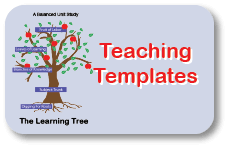

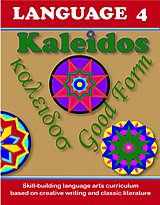
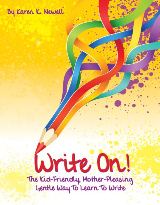
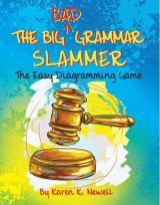
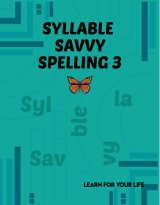

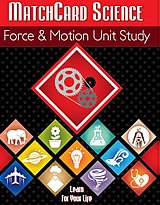


New! Comments
Share your feedback with the rest of the home school community.